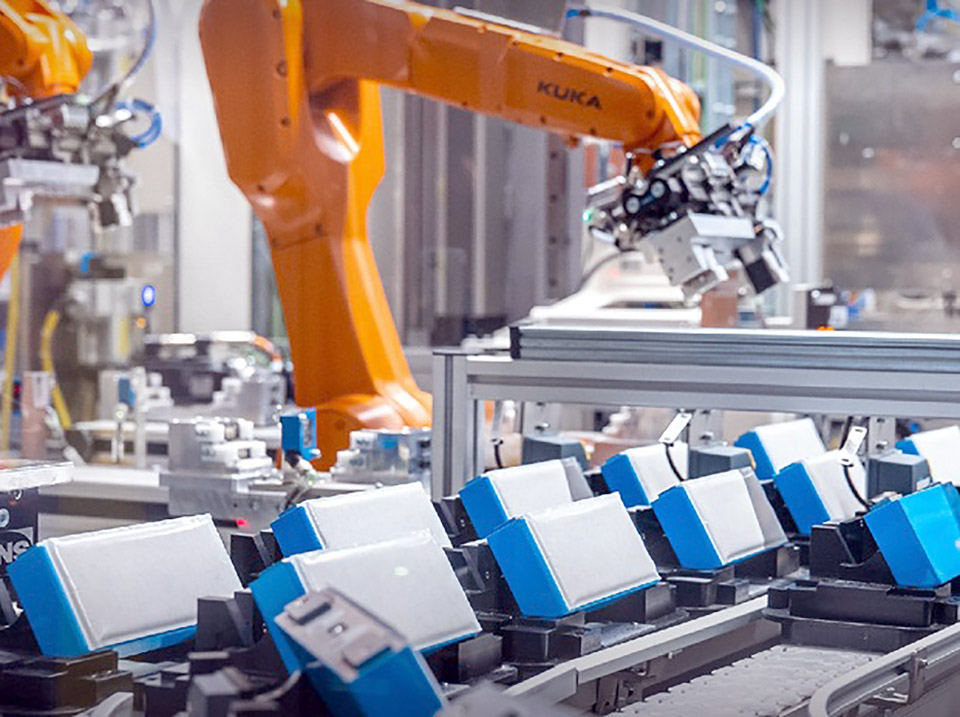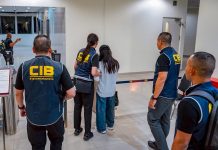
Thailand is reportedly in talks with China’s Contemporary Amperex Technology Co Ltd (CATL) and other battery makers to build production facilities in Southeast Asia’s second-largest economy that has ambitions to become a regional EV production hub.
These discussions come as Thailand, a regional autos hub, pushes to become a key player in the global electric vehicle (EV) supply chain outside of China by offering tax cuts and subsidies to drive EV adoption and production.
Narit Therdsteerasukdi, Secretary General of Thailand Board of Investment (BOI), said Thailand is currently talking to “many companies in the battery industry.”
Narit did not give details and it was not clear how advanced the discussions were.
CATL, the world’s dominant battery supplier with a 37% market share, currently has no production facilities in Southeast Asia.
The Ningde, Fujian-based company, last year announced a strategic collaboration with a subsidiary of Thai energy major PTT Pcl to “explore potential cooperation and development opportunities in battery-related business” in the region.
ARUN PLUS, the PTT subsidiary, is part of a joint venture with Taiwan’s Foxconn that is building a facility with a goal of manufacturing EVs in Thailand as early as 2024.
Thailand is the tenth-largest auto manufacturing economy with production dominated by Japanese automakers including Toyota and Isuzu.
According to a government plan, Thailand aims to convert around 30% of its annual production of 2.5 million vehicles into EVs by 2030.
In the past few years, Thailand has drawn investments from EV companies, mainly Chinese, including Great Wall Motors and BYD Co.
However, Narit said the kingdom wants to attract EV suppliers as well as assembly plants, including local production of batteries and other key components, like chargers.
Narit said the government’s goal was to direct support and subsidies to land larger battery production facilities. (NNT)





